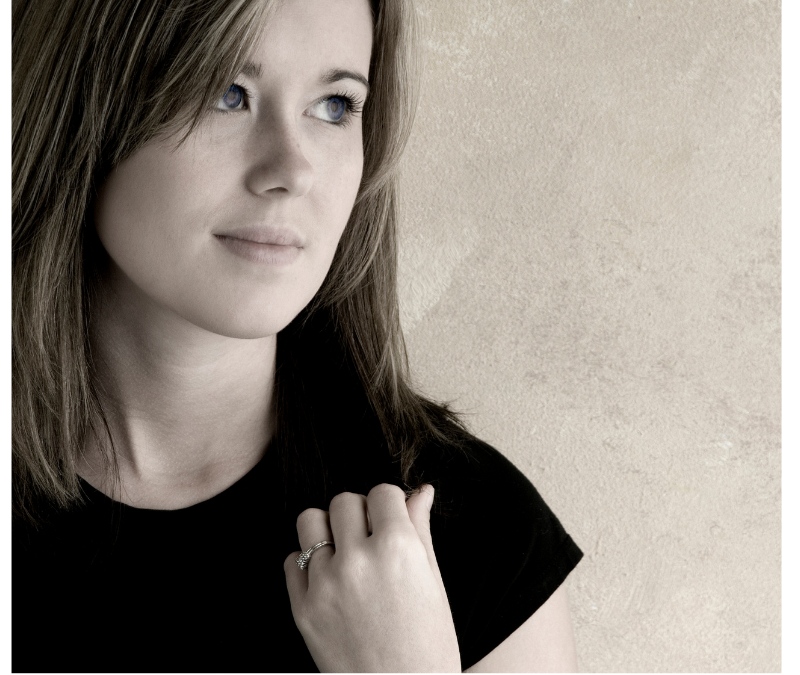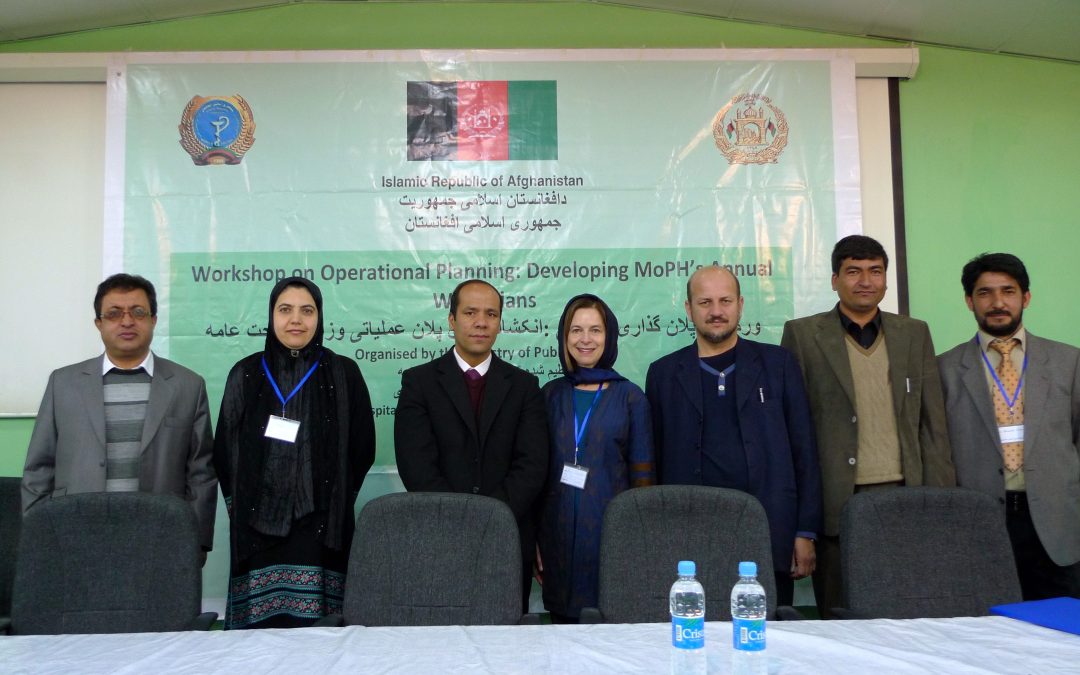
by pam | Jan 26, 2021 | Conscious Living, Feminine Leadership, High Achieving Women, Women in Business
I encourage you to take a moment to sit down, close your eyes and reflect on the leaders you have experienced in your life. Think about your first boss at your first “real” job. How was she or he? Were they kind, open, approachable, understanding? What were the dominant traits they possessed that you recall?
Now reflect on other leaders you have had in your life. Were they people you looked up to, who made you feel good about yourself, and provided opportunities for you to stretch yourself?
I’ve spoken and worked with a number of women who have accomplished much in their lives and yet did not regard themselves as leaders. Part of the reason why, was because the leaders they had experienced to date had not been people they wanted to emulate. They did not have positive memories associated with many of them. Perhaps you relate?
I’d like to share an example from my own life. Years ago, I worked in government at the federal level. One of my colleagues who worked on the same floor but in a different division was an articulate, creative and intelligent black woman. She had a vision to create a Unit to serve an under served group she cared much about. Her boss asked her to write down her vision, mission, the number of Full Time Equivalents required for the Unit and submit it to her. The boss then shared the document with “higher ups” as if it was her own, without acknowledging my friend as the creator. The Unit was approved with a budget attached and rather than offering my colleague the position, she interviewed and brought in a Unit Head from outside of our Division and totally excluded my friend from the process.
That experience had a really negative impact on me. I felt so bad for my colleague. I started to notice what I perceived as a cancer growing in the organization. In team meetings, my Division Head would call down a younger male team member in front of us all because she perceived him as a threat. I realized I could no longer work in this toxic environment even though I enjoyed my work and believed I was making a difference. Soon after, I met the partner in a consulting firm and was invited to join them which I did. I left my government job with the benefits and supposed stability and lost the matched contributions to my pension plan.
Perhaps you have experienced something similar. The impact this and other negative experiences I had with other leaders, was to associate the negative qualities I had seen and felt with leadership. When asked to join a Women’s Leadership Network a number of years into my career and to speak at their monthly meeting, I felt anxiety and fear rise up. Was I really a leader? For many years I denied that fact and I believe it was largely due to the negative experiences I had had with female leaders in my various positions.
In order to be an effective leader, it is obviously helpful to have experienced and been mentored by one or a several “good” leaders. Those who you respect and view as positive role models. That said, if you’ve not been that fortunate, it is important to reflect on your experience with leaders in your life and notice how that has affected your perception of leadership and interest in being a leader.
Are you telling yourself a leadership story that is no longer serving you? Is it time to change the narrative?
I would love to hear whether you have experienced something similar and how your experience with leaders has affected your interest in and comfort with being a leader. I invite your comments below.

by pam | Jun 1, 2017 | Benefits of being in nature, Conscious Living, Creative Living, Leadership, LeadinginUncertainTimes
I believe that humanity is essentially good and that we are all interconnected.
I believe that everything happens for a reason.
The Universe provides me with what I need and Great Spirit is guiding me towards fulfillment.
Nature connects me with my soul.
I believe that life is an adventure to be lived to the fullest and
that I am here to help build peace in the world.
(Learning to Dance with Life: A Guide for High Achieving Women, p. 6 –
http://creativelivingcommunity.com/blog/the-book/
What do you believe?
In a previous post (http://creativelivingcommunity.com/leading-in-uncertain-times-the-power-of-perception/), I shared the power of perception and how it affects our ability to lead effectively in uncertain times. In this post, I will share some lessons learned based on my own beliefs and experiences gleaned from leading and managing in a variety of organizations and cultures on 5 continents.
Lessons Learned:
- We are all the same. We all want to be valued, respected, to feel safe, secure and to belong.
When living and working in Afghanistan six years ago, I was sitting in the rose garden of the Ministry of Public Health eating lunch with one of my female Afghan colleagues when there was a powerful explosion. Within seconds of the huge blast, my Muslim colleague was phoning each of her family members to ensure that they were all safe. I think most of us would have done the same. We all value family and care about those close to us. The explosion was from a number of suicide bombers entering the military hospital across the road. The result was the senseless deaths of a number of Afghan patients and their families, and medical students.
I have enjoyed managing and consulting in a number of culturally diverse and uncertain environments, and believe my effectiveness has been largely due to the belief that we are all the same. When you view everyone through the lens of that belief, you are able to connect with them, and work effectively whether or not you speak their language or have the same cultural background or religion. In Afghanistan using participatory processes, I was able to collaboratively develop/co-create the first strategic plan with the Ministry of Public Health, and have it pass through all the policy layers and be signed off by the Minister within 9 months.
I invite you to experiment tomorrow and try throughout your day to view everyone you see through the lens and belief that “we are all the same”, whether it be a homeless person, a colleague you have a tense relationship with, or a family member you have difficulties relating to. Try this and notice what you notice.
- We are all interconnected.
You may have heard that when a butterfly flaps its wings in the Amazon, two years later it can result in a tornado in Kansas. The butterfly effect[1] has demonstrated that a small change in one area can result in powerful future outcomes in another. If you as a leader believe in an organizational culture that focuses on people, understanding and collaboration, you have the power to shape and change the organization based on how you treat and respond to people and challenging situations daily. How you communicate with others has an impact throughout the organization and beyond. We all have heard about the disheartened employee who has gone home and kicked his dog or beaten his wife.
I invite you to “try out” this belief and have it in the forefront of your mind when you interact and communicate with others on a daily basis in your workplace, community, and family. Notice how this affects your interactions, the organizational morale and environment.
- Nature connects me with my soul.
Did you know that when you walk in forests, it reduces your blood pressure, reduces your heart rate and increases the number of natural killer cells your body produces (i.e. strengthens your immune system)? Based on longitudinal research, the Japanese have institutionalized forest bathing or forest therapy. In their highly competitive culture, they encourage and support people to regularly visit centers in forests throughout Japan to forest bathe, and they continue to collect powerful longitudinal data on its valuable effects.
I encourage you to spend time in nature for 30 minutes or more at least 3 times a week. When I spend time in nature I feel relaxed, energized, happy and free. My stress is reduced (if I’m having a particularly stressful day). If as leaders we are committed to spending regular time in nature, do you think it would positively impact our effectiveness?
- Life is an adventure to be lived to the fullest.
Based on this belief, I’ve lead an adventurous and full life so far [and hope to continue doing so J ]. I’ve lived and worked in the mountains of northern Colombia with peasant farmers in the late 80s when Pablo Escobar was “running around” and the Medellin Cartel was in full swing. I’ve lived and worked in Kabul, Afghanistan for 13 months from October 2010 to November 2011 (a volatile and uncertain time), and managed large multi-stakeholder projects in Pakistan and Nigeria where corruption is rampant and violence can erupt at any time. When I don’t have adventure in my life I get restless and feel unfulfilled, and I either seek out adventure or it serendipitously comes my way. Similarly, if contribution and making a positive difference in the world is one of your core values[2] and you work in an organization that is “all about the money”, over time you will likely feel unhappy and unfulfilled. This will affect your personal and your work life.
I encourage you to identify your core beliefs and what is most important to you, and then begin living them everyday.
I welcome your comments and experiences below. What lessons have you learned from leading in uncertain times? Which lessons above do you resonate with? Appreciate you sharing the post with others.
[1] https://en.wikipedia.org/wiki/Butterfly_effect
[2] For more about core values and why they are important: http://creativelivingcommunity.com/do-you-live-in-alignment-with-your-core-values/

